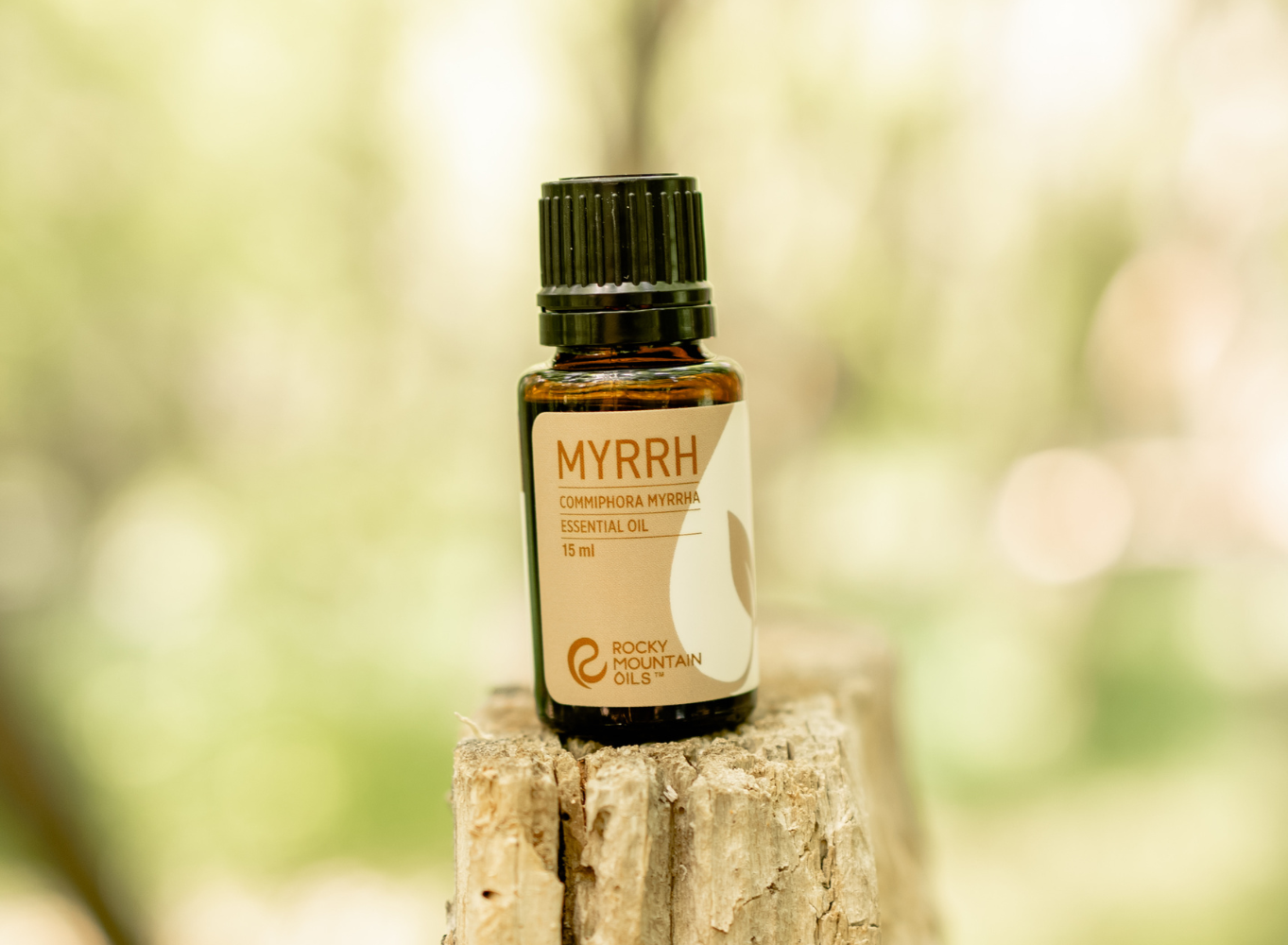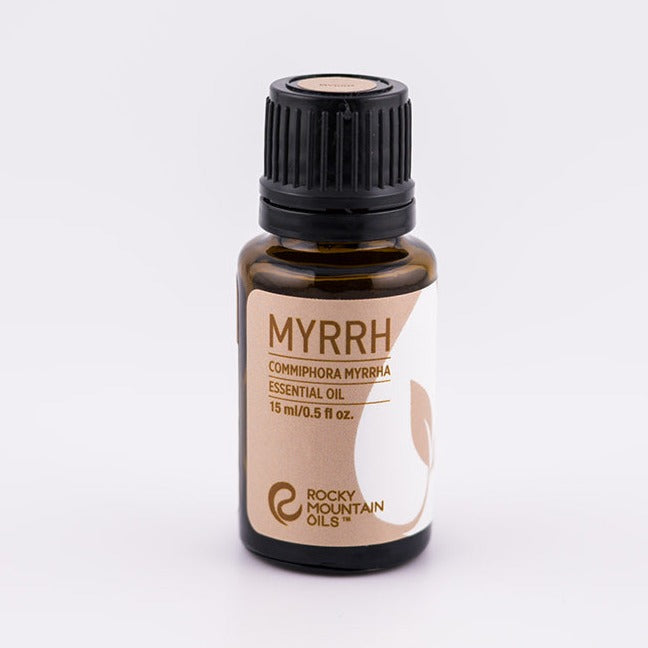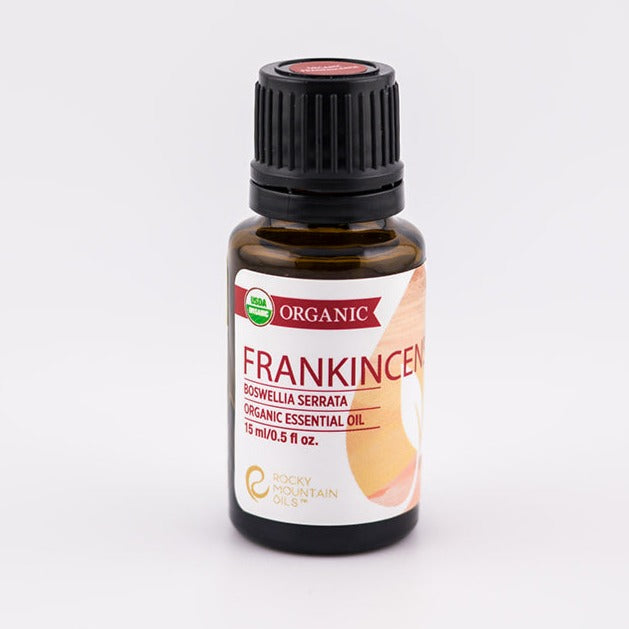Myrrh Benefits: 6 Surprising Health Benefits Unveiled
Myrrh has been a symbol of health, spirituality, and protection for thousands of years. Originating from the resin of the Commiphora myrrha tree, myrrh's rich history intertwines with various cultures and medicines around the globe. From being a crucial part of Egyptian mummification processes to its significant role in Christian traditions, myrrh continues to be a sought-after natural remedy in modern times.
Chemical Composition of Myrrh
Identification of Active Compounds
Myrrh's intricate chemical composition comprises a diverse array of compounds, including terpenoids, sesquiterpenes, and various aromatic molecules. These bioactive constituents are thought to underlie the therapeutic effects associated with myrrh, such as its anti-inflammatory, antimicrobial, and wound-healing properties.
Key Components Contributing to Health Benefits
Myrrh contains primary active compounds such as furanoeudesma-1, 3-diene, and curzerene, which are believed to possess anti-inflammatory properties, helping to reduce inflammation in the body. Additionally, these compounds are also thought to exhibit antioxidant and antimicrobial effects, contributing to myrrh's overall health benefits.

Health Benefits of Myrrh
Anti-inflammatory Properties
Myrrh has demonstrated anti-inflammatory properties, which can help alleviate symptoms associated with conditions such as arthritis by reducing swelling and discomfort. Additionally, its ability to reduce inflammation makes it possibly effective in treating skin conditions like dermatitis and eczema, where inflammation plays a significant role in symptom severity.
Antioxidant Effects
Myrrh contains compounds like terpenoids and flavonoids that possess antioxidant properties, which help combat free radicals in the body. By neutralizing free radicals, myrrh may help reduce oxidative stress, which is linked to various health issues such as inflammation, cardiovascular diseases, and premature aging, thereby helping overall health and well-being.
Antimicrobial and Antifungal Properties
Myrrh possesses potent antimicrobial and antifungal properties, enabling it to combat a wide range of pathogens effectively. These properties make myrrh a possible valuable natural remedy for treating infections and promoting overall health and well-being.
Oral Health Benefits
Myrrh is known for its ability to inhibit the growth of bacteria and fungi, making it effective in combating oral infections. Its inclusion in oral care products helps to promote gum health and prevent the onset of conditions like gingivitis and periodontitis.
Wound Healing Properties
Myrrh contains compounds with anti-inflammatory and antimicrobial properties, which help to reduce swelling and prevent infection in wounds. By supporting the body's natural healing processes, myrrh can expedite the recovery of minor cuts and abrasions.
Respiratory Health Support
This aids in relieving respiratory conditions, such as coughs and colds, by facilitating the expulsion of mucus from the respiratory tract. Additionally, it helps reduce inflammation in the airways, which can alleviate symptoms such as congestion and difficulty breathing.

Practical Applications
Ways to Incorporate Myrrh into Daily Life
Myrrh, derived from the resin of the Commiphora tree, has been used for centuries in traditional medicine and religious rituals. It contains compounds that possess anti-inflammatory, antimicrobial, and antioxidant properties, making it helpful in treating various health conditions such as inflammation, infections, and skin issues. Additionally, myrrh is often found in personal care products like toothpaste and mouthwash for its ability to promote oral health and freshen breath.
Dosage and Safety Considerations
While myrrh is generally considered safe when used in recommended dosages, it's essential to exercise caution, particularly during pregnancy or when taking other medications. Pregnant individuals should consult with their healthcare provider before using myrrh, as it may have potential effects on hormone levels and could potentially stimulate the uterus. Additionally, myrrh may interact with certain medications, such as blood thinners or medications metabolized by the liver, so it's essential to seek advice from a healthcare professional before starting supplementation.
Potential Interactions and Contraindications
Myrrh has the potential to interact with medications such as anticoagulants, antidiabetic drugs, and certain medicines metabolized by the liver. It is contraindicated in individuals with bleeding disorders, liver disease, or during pregnancy due to its potential to stimulate uterine contractions. Caution should be exercised when using myrrh alongside other medications or supplements, and it is advisable to consult with a healthcare professional before incorporating it into a health regimen.
Therapeutic Properties of Myrrh
Myrrh's therapeutic properties are remarkable. Its use as an antiseptic in wound healing has been well documented, helping prevent infections and promote faster healing. The anti-inflammatory effects are particularly beneficial for those suffering from arthritis or other inflammatory conditions. At the same time, its analgesic properties can alleviate pain, making it a versatile tool in natural medicine cabinets.
DIY with Myrrh
Discover how to incorporate myrrh into your daily life with simple DIY recipes and home remedies. From natural skincare solutions to homemade cleaning products, myrrh can add a touch of natural healing to your routine.
DIY Myrrh-infused Facial Serum:
Ingredients:
- 1 tablespoon jojoba oil
- 1 tablespoon rosehip oil
- 4 drops of myrrh essential oil
Instructions:
- In a small glass bottle, combine the jojoba oil and rosehip oil.
- Add the myrrh essential oil to the mixture and shake well to blend.
- Apply a few drops of the serum to your clean face and neck before bed.
- Gently massage the serum into your skin using upward motions.
- Allow the serum to absorb fully before applying any additional skincare products.
Benefits:
- Myrrh essential oil has anti-inflammatory and antimicrobial properties, making it great for soothing irritated skin and preventing breakouts.
- Jojoba oil and rosehip oil are both rich in antioxidants and fatty acids, which help hydrate and nourish the skin, leaving it soft and supple.
DIY Myrrh-infused Room Spray:
Ingredients:
- 1/2 cup distilled water
- 2 tablespoons witch hazel or vodka
- 10 drops of myrrh essential oil
- 5 drops of lavender essential oil
- 5 drops of frankincense essential oil
Instructions:
- In a small spray bottle, combine the distilled water and witch hazel or vodka.
- Add the myrrh, lavender, and frankincense essential oils to the mixture.
- Screw the spray bottle cap on tightly and shake well to combine all the ingredients.
- To use, spray the room spray around your home whenever you want to create a calming and grounding atmosphere.
Benefits:
- Myrrh, lavender, and frankincense essential oils are known for their relaxing and stress-relieving properties, making this room spray perfect for promoting a sense of peace and tranquility in your home.
- Witch hazel or vodka helps to disperse the essential oils evenly in the water and acts as a natural preservative to prolong the shelf life of the spray.

Comparing Myrrh with Other Resins
Myrrh, frankincense, and copal are all natural resins known for their aromatic properties and medicinal uses. Myrrh, derived from the Commiphora myrrha tree, is often used for its anti-inflammatory and antimicrobial properties, making it beneficial for wound healing and oral health. Frankincense, from the Boswellia tree, is known for its calming and grounding effects, making it popular for meditation and spiritual practices. In contrast, copal, a resin from various tropical trees, is often used in cleansing rituals and as an incense for its purifying properties. Each resin has its unique benefits and uses, allowing individuals to choose the one that best suits their needs.
What is myrrh good for?
Myrrh essential oil is renowned for its therapeutic properties, including its ability to promote emotional balance, alleviate stress and anxiety, and enhance meditation practices due to its grounding and calming aroma. Additionally, it possesses powerful anti-inflammatory and antimicrobial properties, making it beneficial for wound healing, relieving minor skin irritations, and supporting overall skin health. Myrrh oil also shows promise in oral care, helping to maintain healthy gums and prevent oral infections, and it has been used historically for its potential to support respiratory health by easing congestion and soothing coughs.
Where do you apply myrrh essential oil?
Myrrh essential oil is typically applied topically, either directly onto the skin or diluted with a carrier oil, such as coconut or jojoba oil. It can be used for various purposes, including promoting healthy skin by reducing inflammation and supporting wound healing, as well as providing relief from respiratory issues when diffused or inhaled. Additionally, it's often utilized in aromatherapy practices to alleviate stress and promote relaxation.
What are the side effects of myrrh?
Myrrh, a natural resin derived from the Commiphora myrrha tree, can have several side effects when used in excess or by certain individuals. Common side effects may include skin irritation or allergic reactions, such as rash or itching, when applied topically. Additionally, ingesting large amounts of myrrh may lead to gastrointestinal issues like stomach upset, diarrhea, or nausea. Myrrh might also interact with certain medications, especially those metabolized by the liver, potentially affecting their effectiveness or causing adverse reactions. It's essential to use myrrh in moderation and consult with a healthcare professional, particularly if you have pre-existing medical conditions or are taking medications.
FAQs about Myrrh Benefits
What are the primary health benefits of myrrh?
Myrrh is celebrated for its anti-inflammatory, antiseptic, and analgesic properties. It's commonly used to boost immunity, promote skin and oral health, and alleviate pain.
How can myrrh be used in daily skincare routines?
Incorporate myrrh into your skincare by adding it to lotions or creams for its moisturizing and healing benefits. It can help soothe dry or cracked skin and improve overall skin complexion.
Is myrrh safe for everyone to use?
While myrrh is generally safe, it's not recommended for pregnant women or those with certain medical conditions. Always consult a healthcare provider before starting any new supplement regimen.
Can myrrh be used in combination with other natural remedies?
Yes, myrrh can be combined with other natural remedies like frankincense for enhanced benefits. However, it's essential to understand the effects of each and consult with a health professional.
How does myrrh contribute to oral health?
Myrrh helps in oral health by reducing bacteria and inflammation and soothing mouth ulcers. Its antibacterial properties make it a valuable addition to mouthwashes and toothpaste.
What are the spiritual uses of myrrh?
Myrrh has been used for centuries in spiritual practices for purification, healing, and enhancing meditation. It's believed to promote emotional balance and foster a peaceful environment.
Conclusion
Myrrh's enduring legacy as a powerful natural remedy is a testament to its vast array of health and spiritual benefits. Whether used in traditional medicine, aromatherapy, or as part of your daily skincare routine, myrrh offers a natural, holistic approach to wellness. Embrace the ancient secrets of myrrh and discover how this timeless resin can enhance your health and well-being today.




